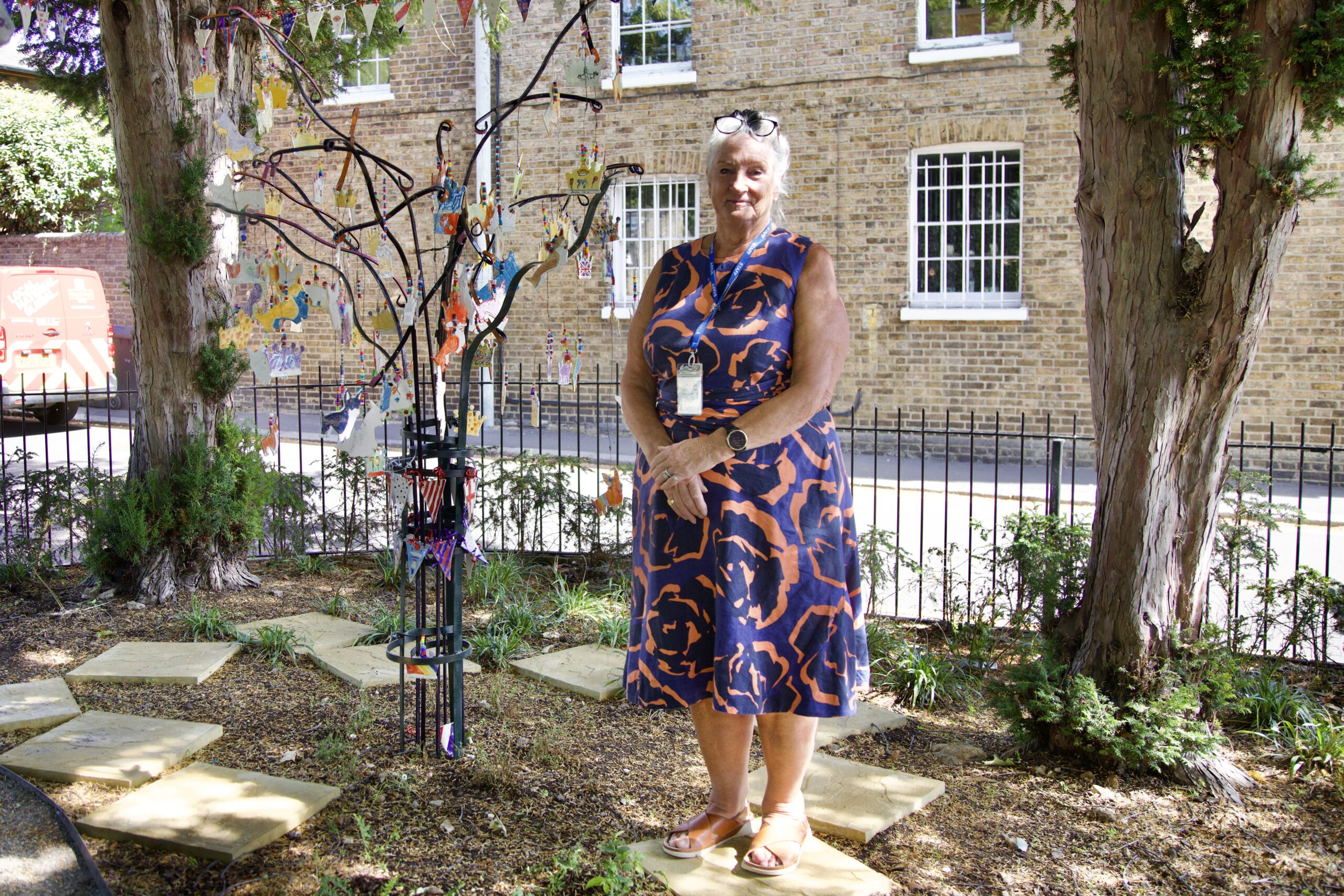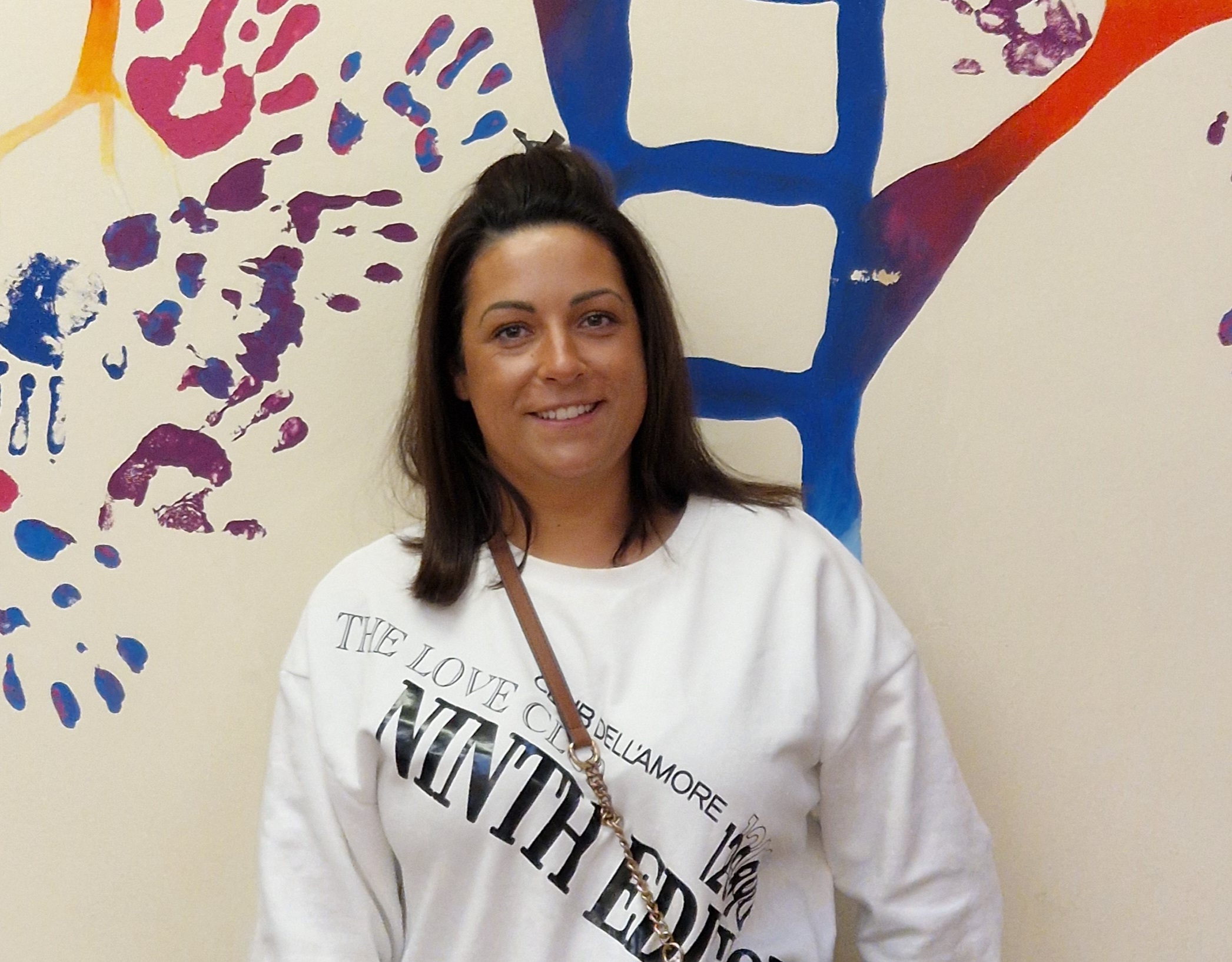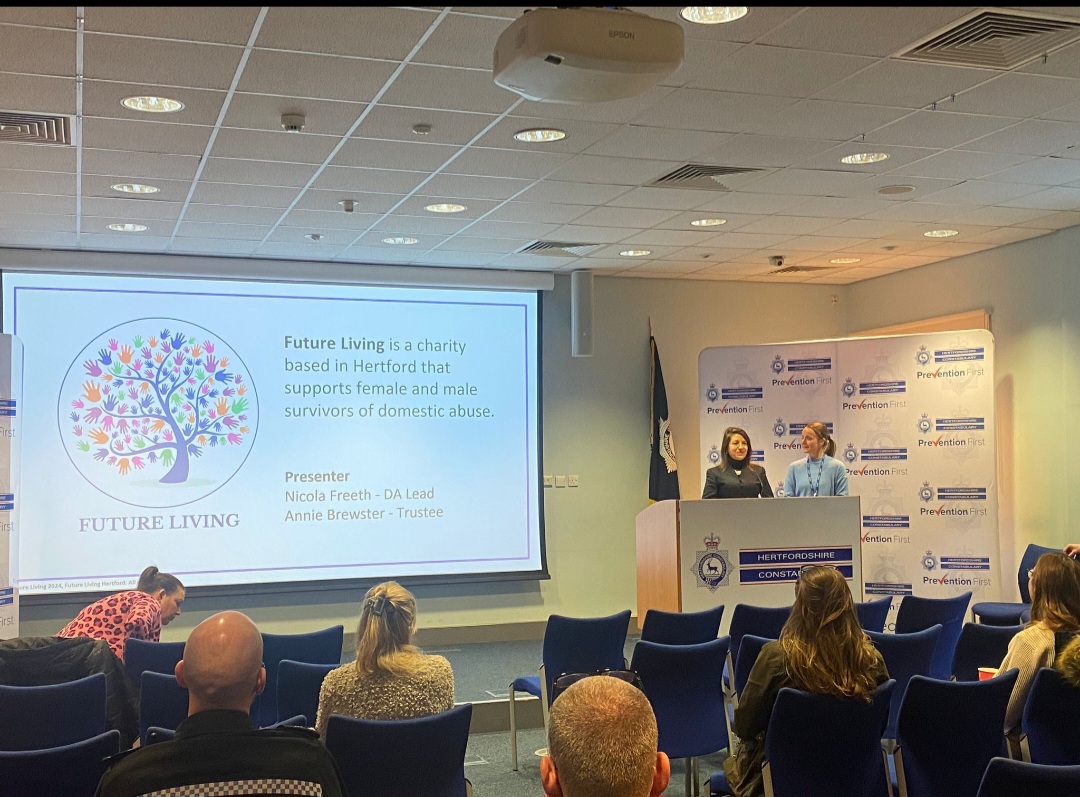It is estimated that 1 in 6 children will develop a mental health condition in their lifetime. While this is not always preventable due to factors such as genetics, early intervention can be crucial in preventing potential mental health struggles from escalating further down the line.
Why is early intervention important?
Future Living recognises the positive impact services such as play, art or talk therapies can have on a child’s mental health. The earlier these are started, the better! The psyche (elements of the human mind both conscious and unconscious) starts to develop from birth. This means any negative environmental factors the child encounters could have a lasting impact on their mental health from an early age, if not dealt with correctly. This could include abuse, being raised by parents who are in an unhealthy relationship in which the child can pick up on or experiencing neglect. Even situations outside of the home environment such as bullying can greatly impact the child.
This is also why the need for openness between the parent or guardian and the child is important. It allows the sole carer of the child to pick up on any struggles they may be facing. Changes in behavior can sometimes arise, particularly if the child has not disclosed the issue to their parents. From a young age, it is important for the child to learn how to deal with difficult emotions. When the child is not educated on this, it can leave them feeling confused or alone, which often results in ‘bad’ or disruptive behaviour. Sadly, in some cases the young person may begin to experience suicidal thoughts or thoughts about harming themselves. If they do not have an outlet where they can talk about these feelings, this can even lead to a suicide attempt.
The relationship between the parent and child can become hostile as the parent may feel that their child is misbehaving. As a result, the child might even be punished for this, causing them to feel further confusion.
How can this help?
Having a safe environment where the child can express themselves with a trained professional can make all the difference to a young child’s life. They can learn new ways to cope when things go wrong or explore the emotions they are feeling. This can be done in a way which is appropriate for the child, and is why play, drama or art therapy is particularly effective for younger children. The environment seems familiar to them as their world at this stage is mainly made up from play and imagination. As a result, the therapy can seem less daunting and younger children may not even see it as therapy at all.
Offering young people a safe space…..
As part of our range of services for children and young people, our team also delivers case-working within a school setting to some pupils who they feel need some further support. The case-worker works to build a relationship with the young person. From there, they are free to discuss any issues or feelings which may be bothering them. It is not a therapeutic intervention but simply offers the young person a chance to open up to someone they can trust. Inevitably, any serious safeguarding concerns which may arise, as with all our services are raised and dealt with in the appropriate way.
Growing up is tough for a young person. They are still trying to figure out who they are and with so many choices to consider, this can leave them feeling overwhelmed. With the right support and people around them, it is possible for them to reach their full potential in life, whilst maintaining healthy mental wellbeing.
For further information about any of our dedicated services for children and young people Visit our website HERE or email: info@futurelivinghertford.co.uk
If you feel your child is in immediate danger of harming themselves, dial 999 or take them to your nearest A&E department.







